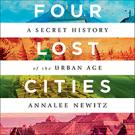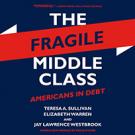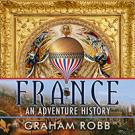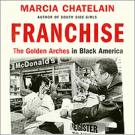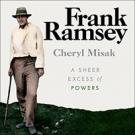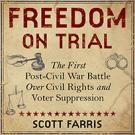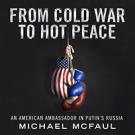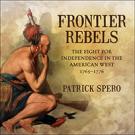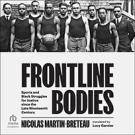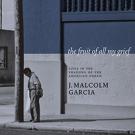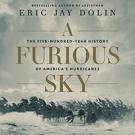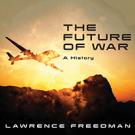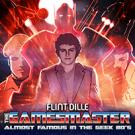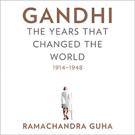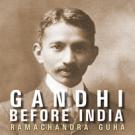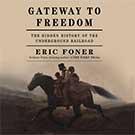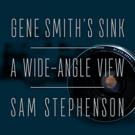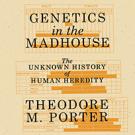History

| Page: | Show per page |
| View as: Grid List |
Sort by

|
Four Lost Cities
by Annalee Newitz; read by Chloe Cannon
Amazon Editor’s Pick, Best History
The Fragile Middle Class
by Teresa A. Sullivan, Elizabeth Warren, & Jay Lawrence Westbrook; read by Suzie Althens
France
by Graham Robb; read by Tom Lawrence
Kirkus 20 Best Books to Read in July
Franchise
by Marcia Chatelain; read by Machelle Williams
Frank Ramsey
by Cheryl Misak; read by Liam Gerrard
Freedom on Trial
by Scott Farris; read by Keith Sellon-Wright
From Cold War to Hot Peace
by Michael McFaul; read by LJ Ganser
From Silk to Silicon
Jeffrey E. Garten; read by Jonathan Yen
Frontier Rebels
by Patrick Spero; read by Joe Barrett
Frontline Bodies
by Nicolas Martin-Breteau; translated by Lucy Garnier; foreword by Damion L. Thomas; read by Amir Abdullah
NEW! Now Available
The Fruit of All My Grief
by J. Malcolm Garcia; read by Danny Campbell
Funny Weather
by Olivia Laing; read by Sophie Aldred
A Furious Sky
by Eric Jay Dolin; read by Bob Souer
Kirkus Best 100 Nonfiction Books of 2020
The Future of War
by Lawrence Freedman; read by Michael Page
The Gamesmaster
by Flint Dille; read by Eric Michael Summerer
Gandhi
by Ramachandra Guha; Derek Perkins
New York Times Notable Books 2018 Kirkus Best of 2018 Nonfiction
Gandhi Before India
by Ramachandra Guha; read by Derek Perkins
Gateway to Freedom
Eric Foner; read by J.D. Jackson
Gene Smith's Sink
by Sam Stephenson; read by Coleen Marlo
Genetics in the Madhouse
by Theodore M. Porter; read by Mike Chamberlain
| Page: | Show per page |
| View as: Grid List |
Sort by

|




